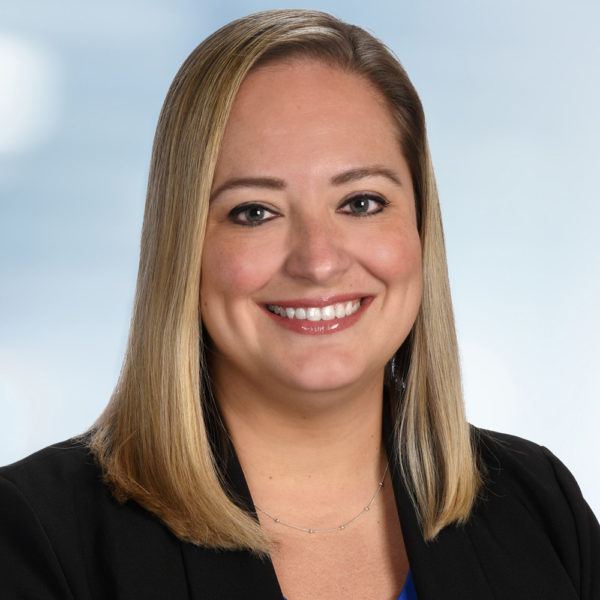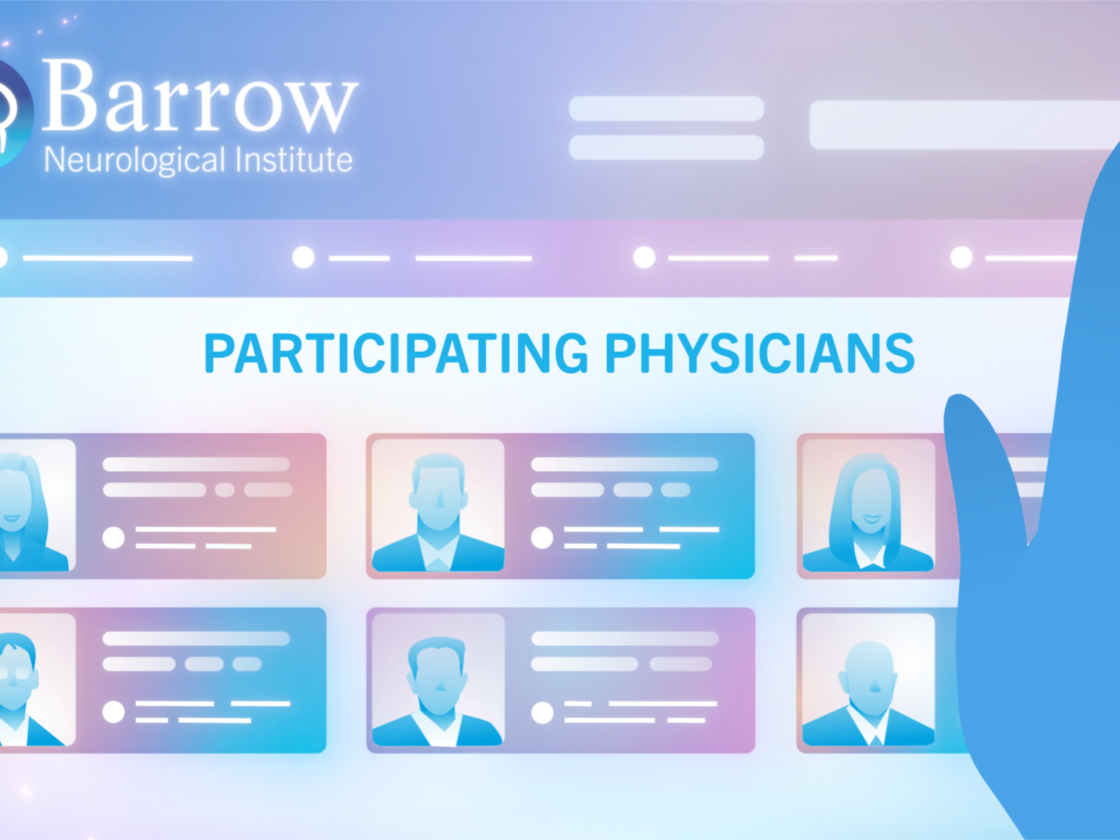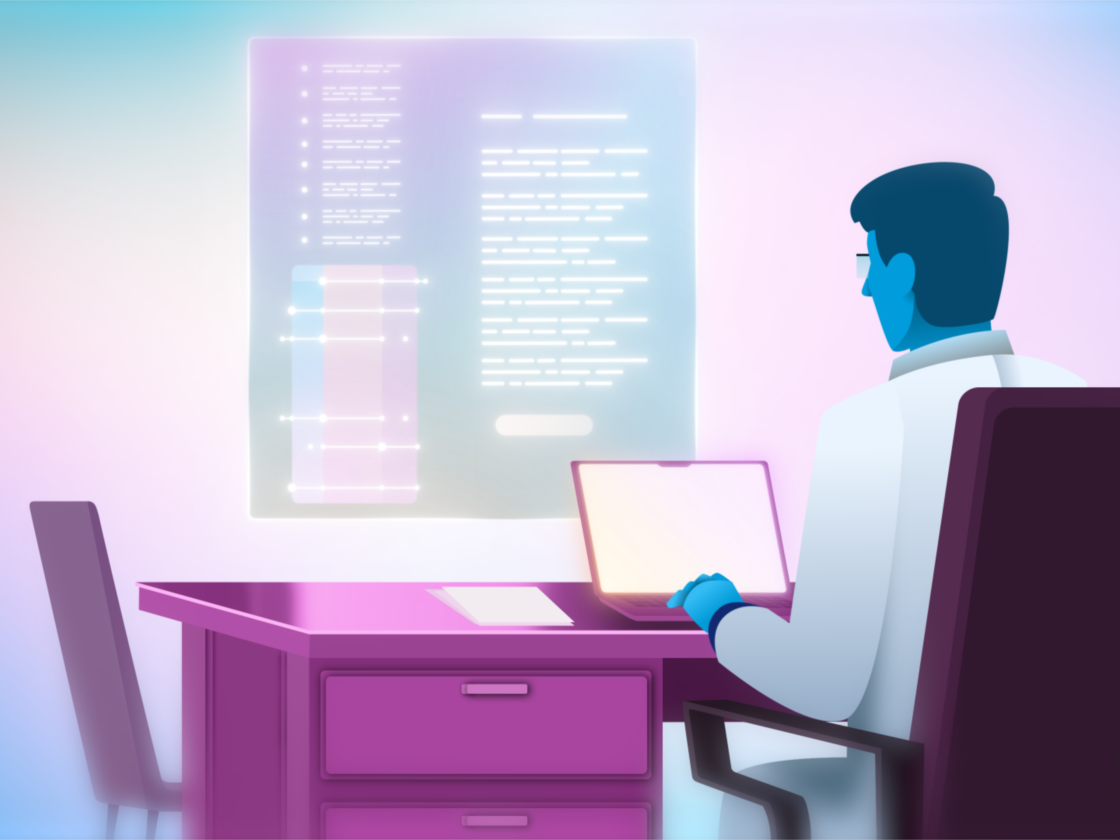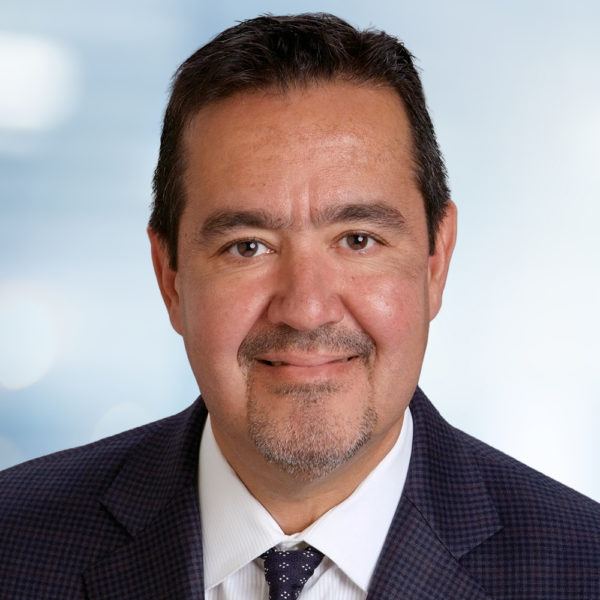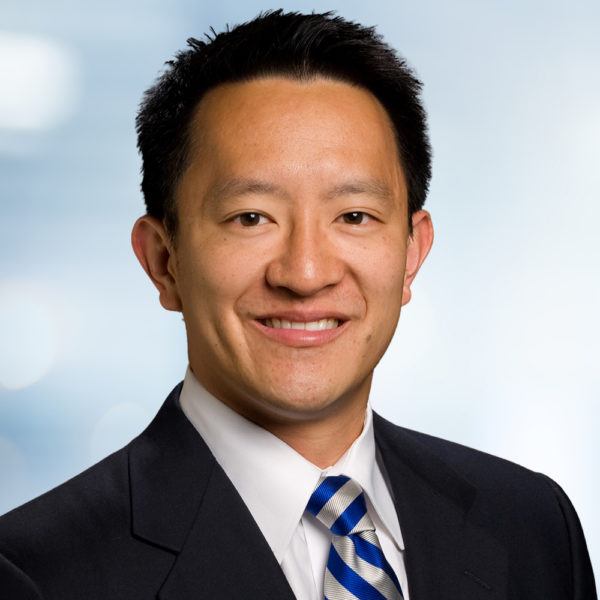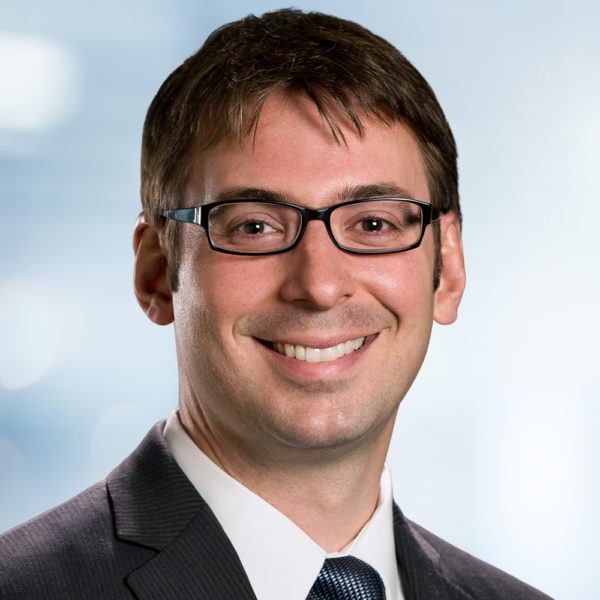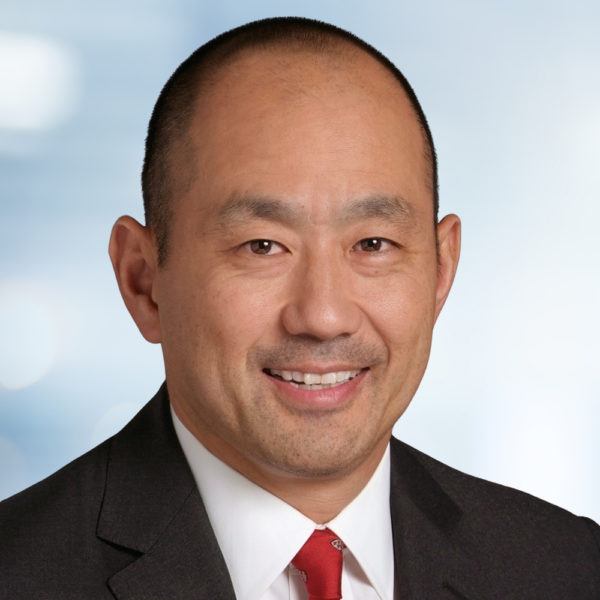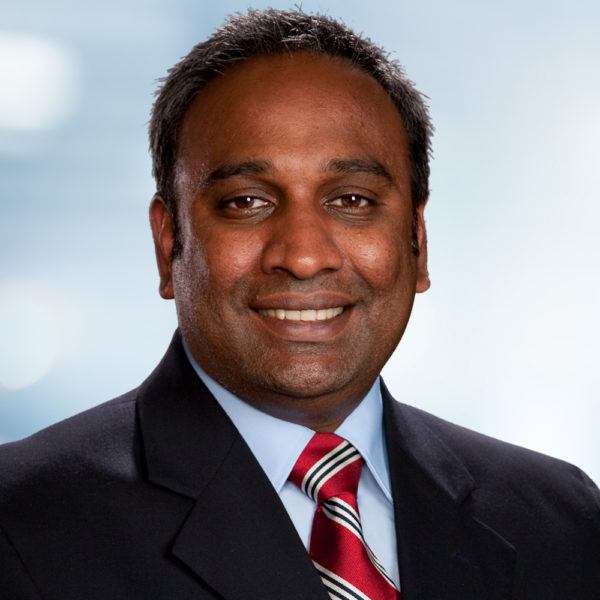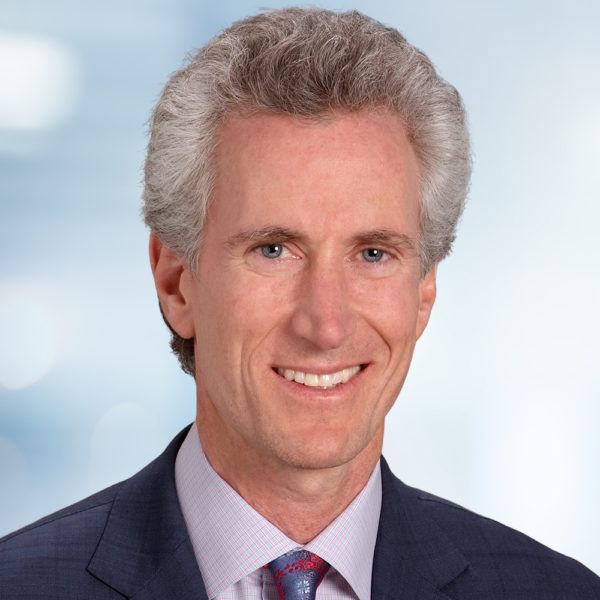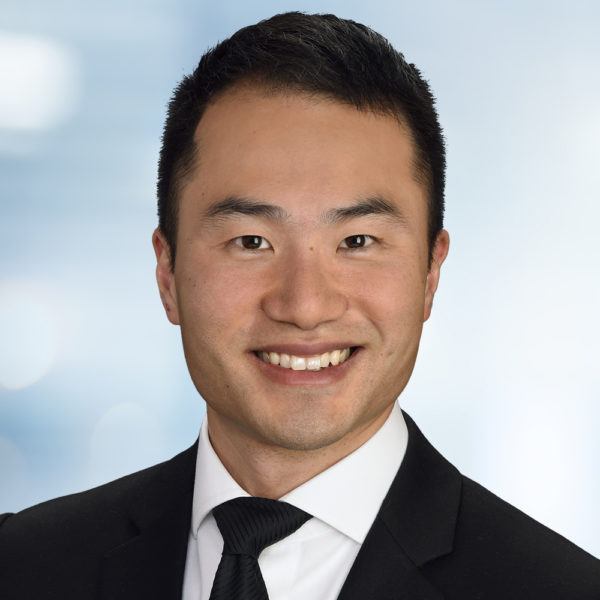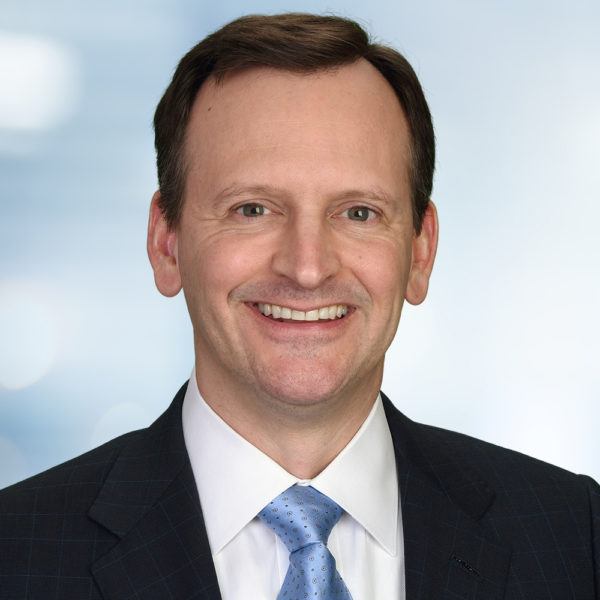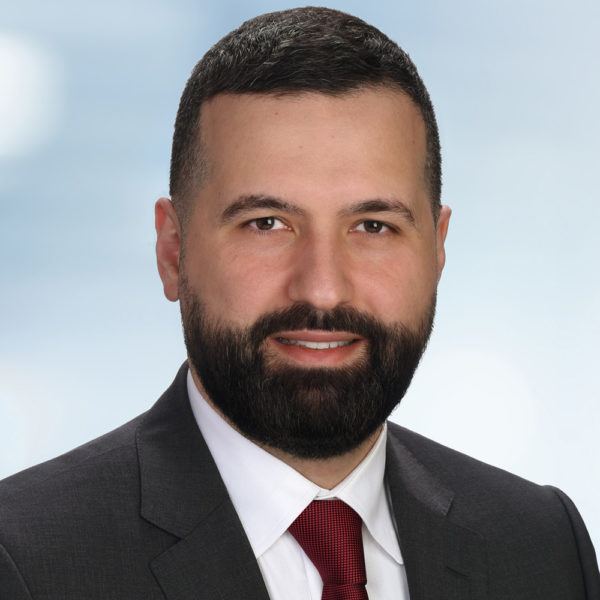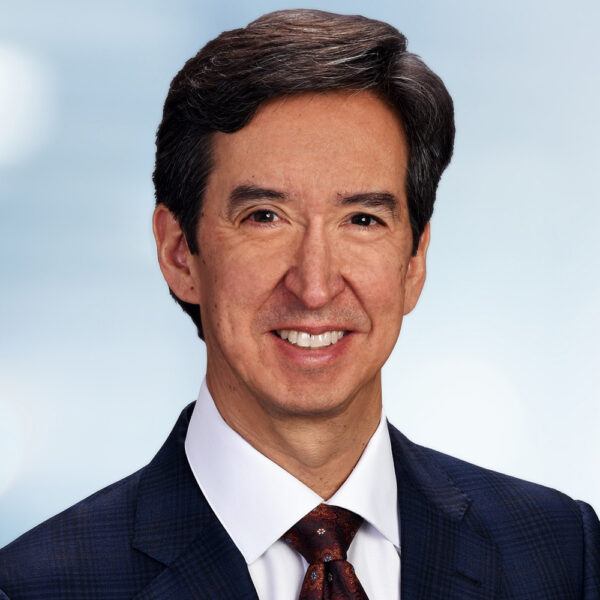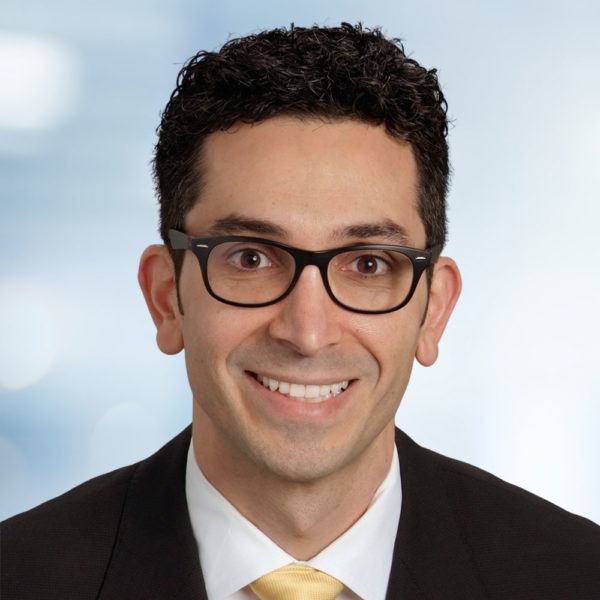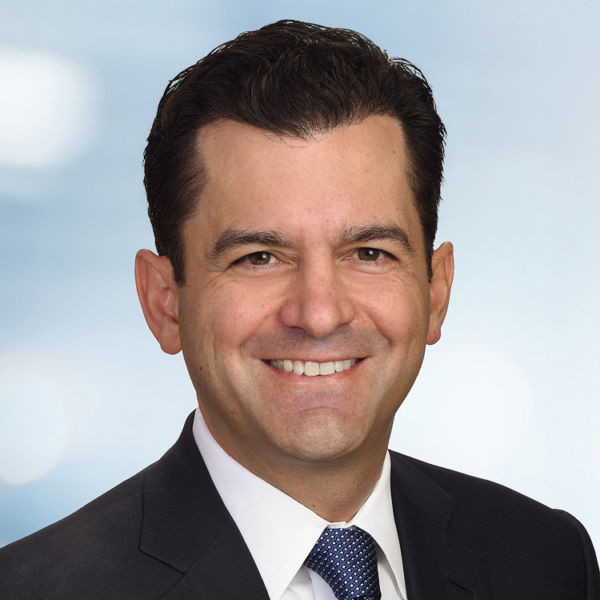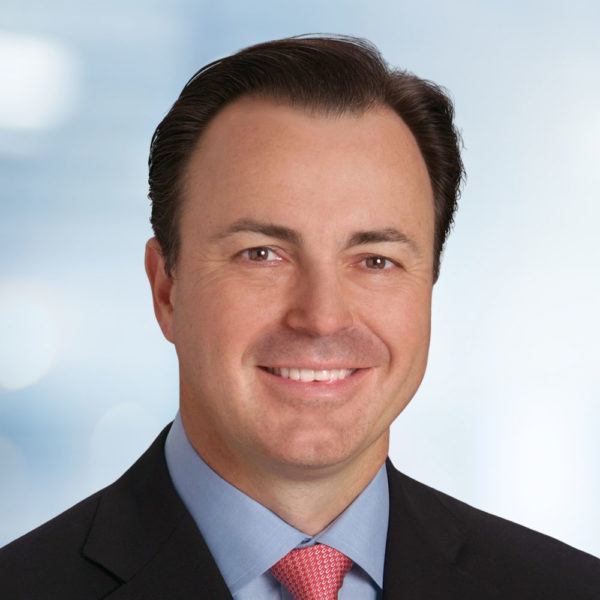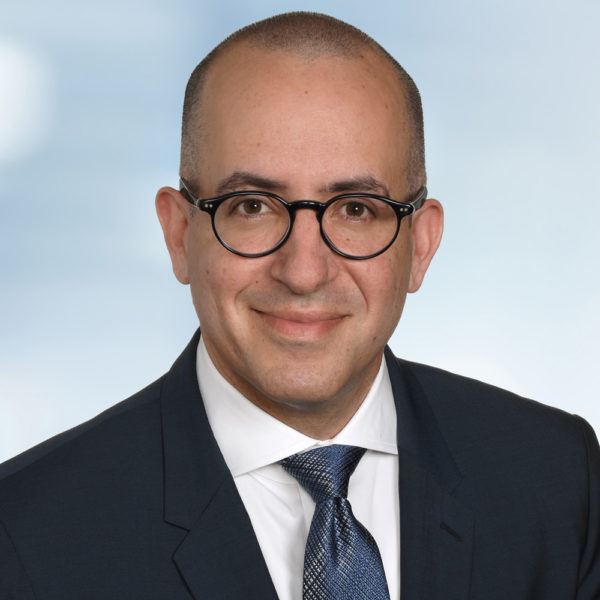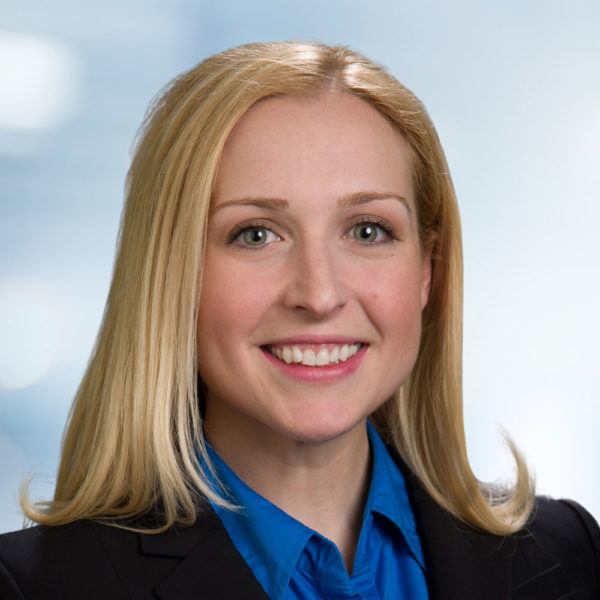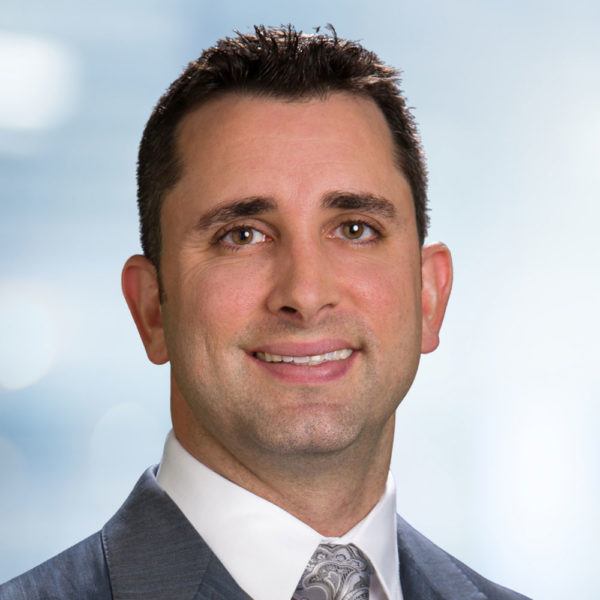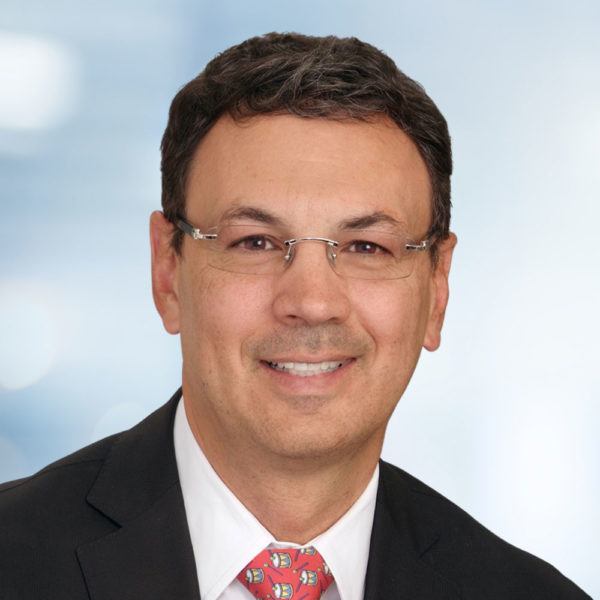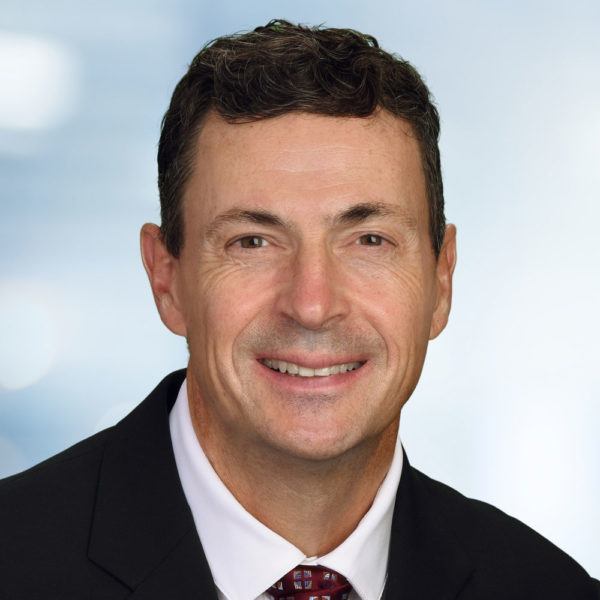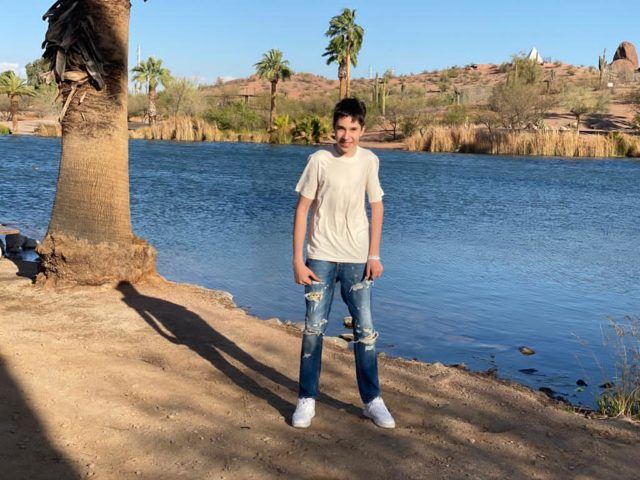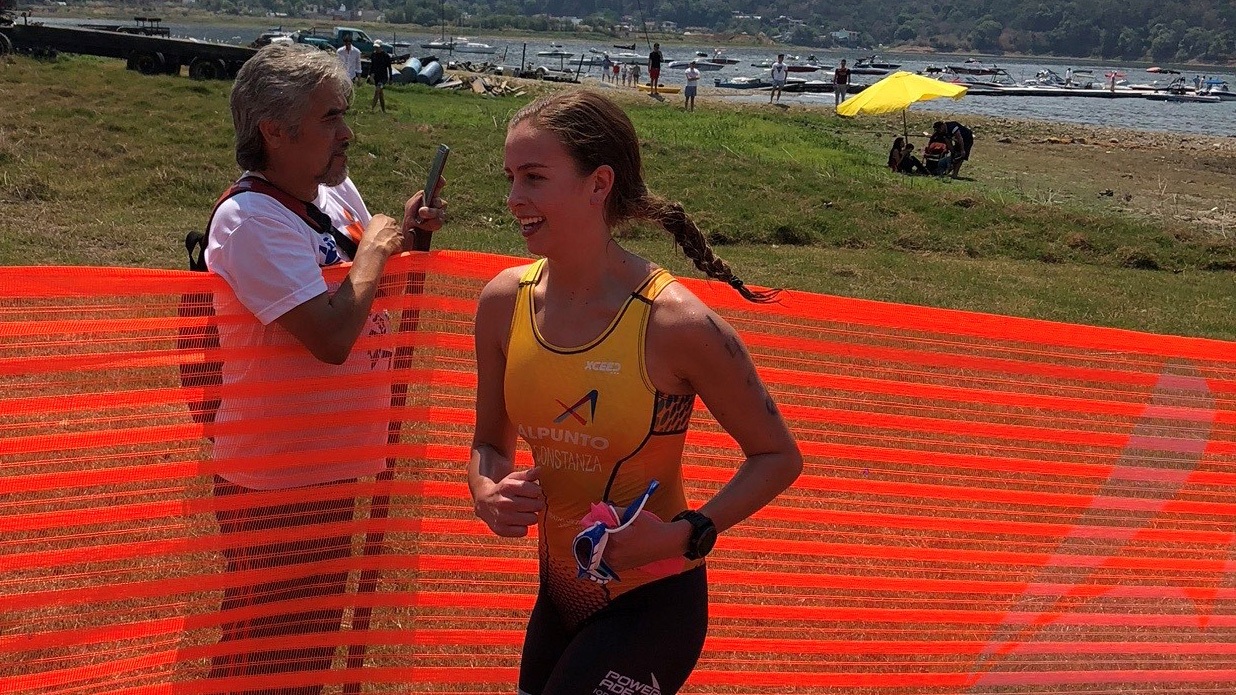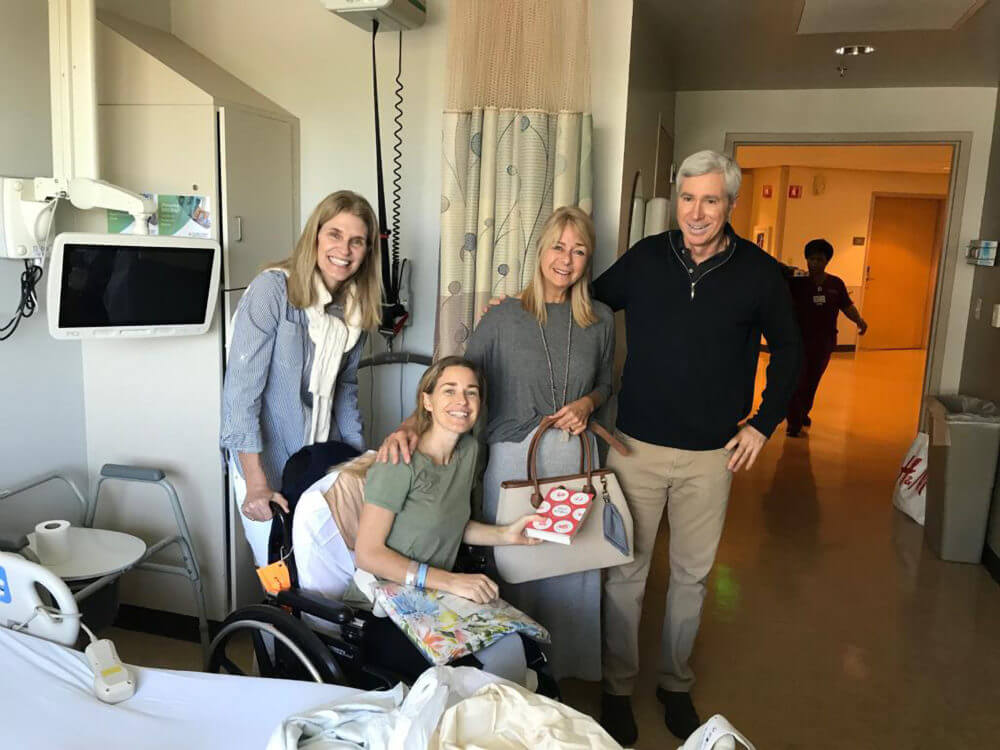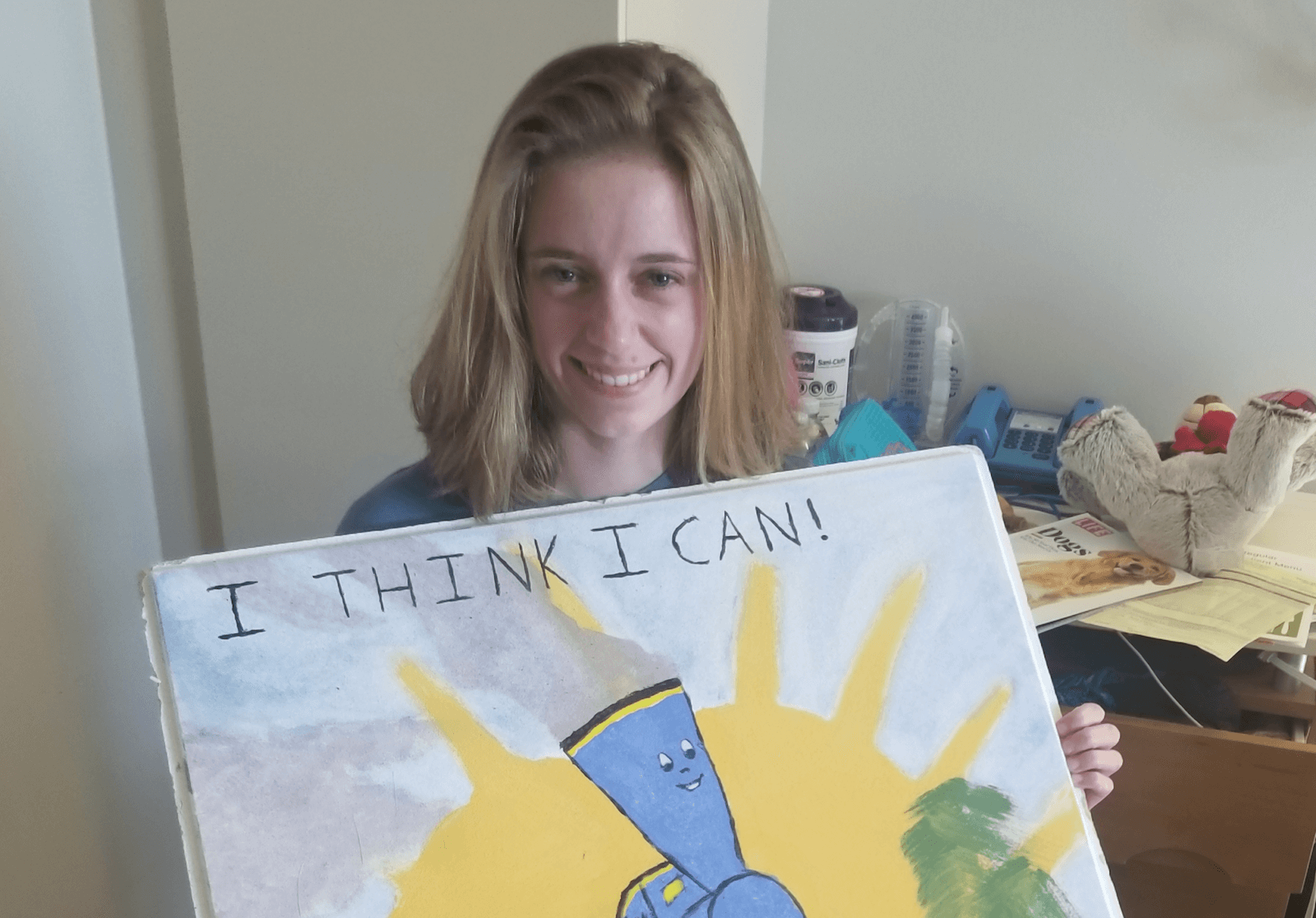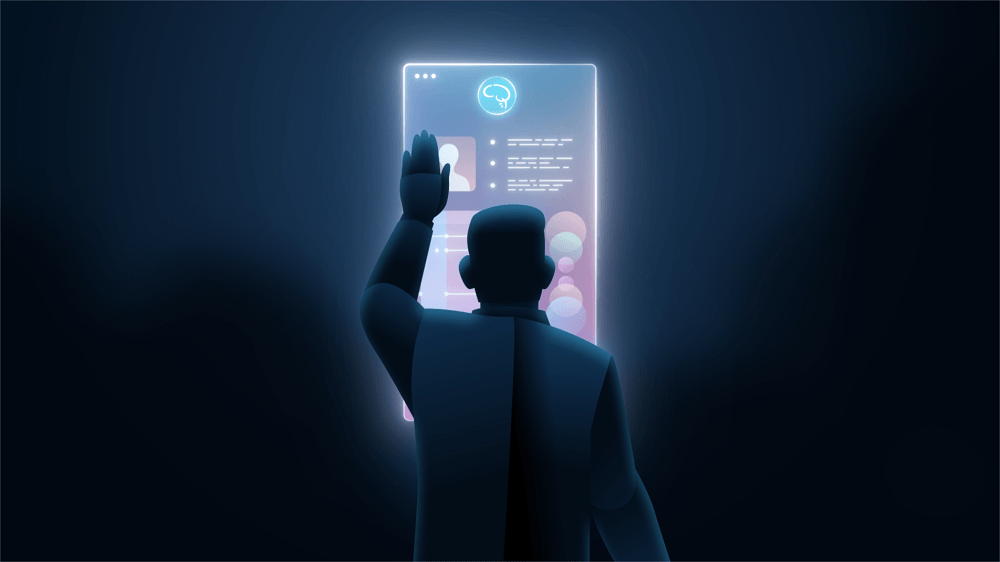
Your Patient Care Journey
I’m Seeking a Second Opinion
Experts When You Need Answers
Finding the right doctor can be daunting; especially when it comes to brain and spine health. That’s why a team of neurosurgical experts have come together at Barrow Neurological Institute to offer you a different choice with our Second Opinion program for neurosurgery.
Watch to Learn More About Barrow Second Opinion
Why Barrow Second Opinion?
Three distinct features set our Second Opinion program apart:
- A flat and transparent fee of $100;
- The ability to see which physician is reviewing your records and providing feedback, including their contact information*; and
- A commitment to sharing our professional second opinion in 7 to 10 business days after receiving your medical records and imaging through our portal. (Please note 7 to 10 business days cannot be guaranteed for submissions during November and December, peak U.S. holiday months; To ensure that our physicians have the most up-to-date information about your case, Barrow Second Opinion requires that your most recent imaging tests be performed within the last six months. We get it: Imaging scans are inconvenient and sometimes uncomfortable. But the more current your imaging is, the more meaningful your second opinion will be!)
We understand that neurological disorders and the prospect of neurosurgery can leave you anxious for answers. Our Second Opinion program works tirelessly to alleviate that pain point, and provide you with peace of mind sooner.
We offer second opinions for the following conditions:
- Acoustic neuroma (vestibular schwannoma)
- Cancer, Tumors, and Oncology, including:
- Astrocytoma
- Brain metastases
- Chordoma
- Colloid cyst
- Gliomas and glioblastoma multiforme (GBM)
- Meningioma
- Metastatic spine cancer
- Metastatic brain cancer
- Rare brain tumors
- Schwannoma
- Spinal cord and spine tumors
- Cerebrovascular disorders, including:
- Arteriovenous malformations (AVM) of the brain and spinal cord
- Brain aneurysms
- Carotid artery disease
- Cavernous malformations of the brain and spinal cord
- Dural arteriovenous fistula (DAVF)
- Moyamoya Disease
- Deep Brain Stimulation (DBS) lead placement for Parkinson’s disease and essential tremor**
- Hereditary hemorrhagic telangiectasia (HHT)
- Hypothalamic hamartoma
- Peripheral nerve disorders of the hand and arm, including:
- Brachial plexus injury
- Carpal tunnel syndrome
- Disorders of the nerve root or plexus
- Peripheral nerve injury
- Peripheral neuropathy
- Pituitary tumors and disorders, including
- Acromegaly
- Craniopharyngioma
- Cushing’s disease
- Gigantism
- Nonfunctioning Pituitary Adenomas
- Pituitary Macroadenoma
- Pituitary Microadenoma
- Prolactinoma
- Rathke Cleft Cyst
- Thyroid-Stimulating Hormone (TSH) Tumor
- Spinal disorders and procedures, including:
- Chiari malformation
- Degenerative disc disease
- Herniated disc, including thoracic herniated disc
- Lumbar spondylolisthesis
- Scoliosis, spinal deformities
- Spinal stenosis
- Spinal trauma and injuries
Note: Google’s Chrome web browser is required to use our Second Opinion tool.
*If you are already an established patient with a Barrow Neurosurgeon, you may not be eligible to receive a second opinion via this program. Please call us at (602) 406-3396 if you need assistance or clarification.
**We offer second opinions on the placement of DBS leads for patients who have already undergone DBS surgery. If you have not had DBS surgery but would like to know if you’re a candidate, please call (602) 406-3865 to speak with our DBS nurse navigator.
Participating Physicians
Program Coordinators

